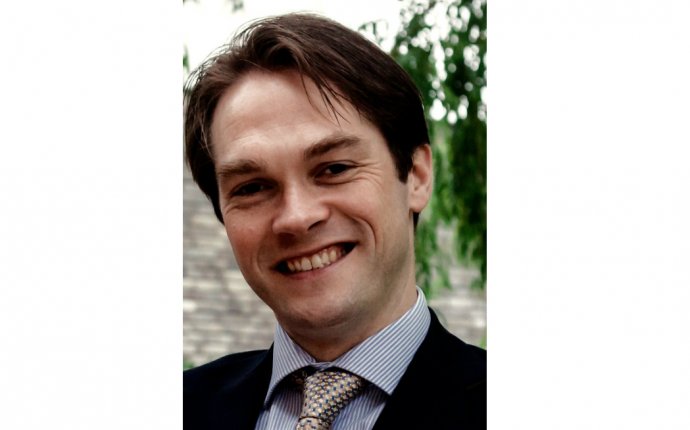
Columbia university sociology PHD
Chair: Shamus Khan
Director of Graduate Studies: Josh Whitford
Website: sociology.columbia.edu/
Degree Programs: Full-Time: MA, MPhil, PhD
The PhD program in Sociology combines an emphasis on competence in social theory and research methods with opportunities for the development of each student’s own interest. Doctoral candidates are expected to achieve a solid proficiency in fundamentals that will enable them to teach basic and advanced sociology courses and to engage in both quantitative and qualitative research. Students are encouraged to take advantage of the wide diversity of specialties within the faculty of the department and the university as a whole, and to call upon the unique social and cultural resources available within New York City and its surrounding area.
The department emphasizes rigorous training in sociological theory and in research methods. It includes a sequence of required and elective courses on theory and theory construction, designed to acquaint every student with skills necessary for developing social explanations. Required and elective courses in methods and statistics familiarize students with the basic techniques for collecting and analyzing data on social processes. The methods sequence ensures that every student acquires the competence to formulate and test research questions.
Fellowships are awarded in recognition of academic achievement and in expectation of scholarly success. Teaching and research experience are considered an important aspect of the training of graduate students. Thus, graduate fellowships include some teaching and research apprenticeship.
Research Centers and Institutes
The Institute for Social and Economic Research and Policy (ISERP) was established in 1999 to serve as the principal organization at Columbia to promote cross-disciplinary collaborative research among social science faculty from throughout the university. The Paul F. Lazarsfeld Center for the Social Sciences provides an organizational focus for a wide range of workshop seminars and empirical research across the social sciences. Other centers include the Center for Decision Sciences, the Center for Historical Social Science, the Center on Organizational Innovation, the Center for Urban Research and Policy, and the Center for the Study of Wealth and Inequality. The centers host international and domestic visitors, pre- and postdoctoral, in seminars where graduate students work with faculty as coordinators.









